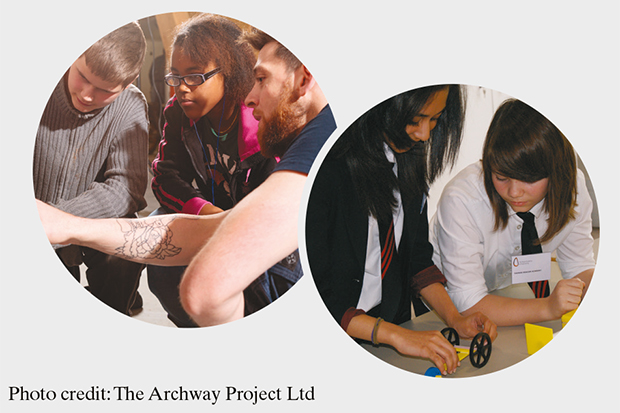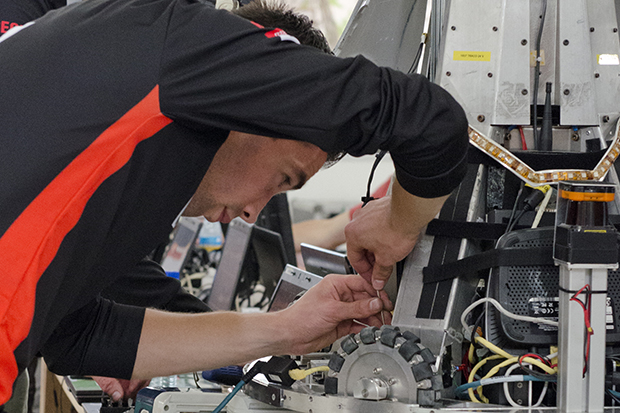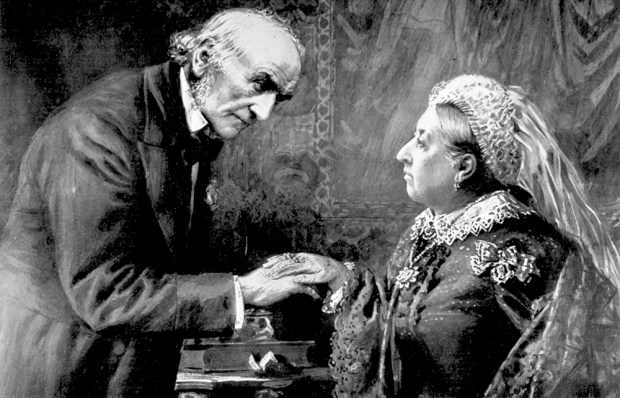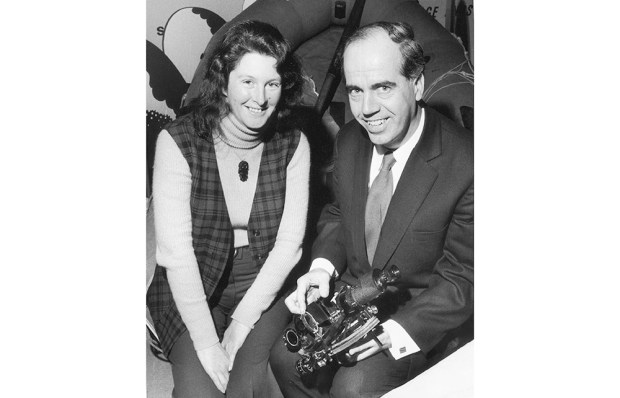
UK engineering is facing an insidious threat to its success – a chronic failure to get enough young people to become the engineers and skilled technicians we need. Post-Brexit, the UK is likely to face greater challenges than before in recruiting enough professional engineers and technicians to meet industry’s needs. As engineering contributes 20% of the UK’s gross value added (GVA), it is vitally important for our future prosperity and economic growth that we address this problem as soon as possible.
So what can we do to plug the skills gap? One of the biggest barriers to the uptake of engineering as career is how it is perceived. If you look up ‘engineer’ in Google images, you will see page after page of pictures of men in hard hats. This completely belies the reality of modern engineering, which includes so much more than just construction. A graduate with an engineering degree or a skilled engineering technician can enjoy an exciting and rewarding career in a host of sectors – developing medical technologies, advancing artificial intelligence, designing sports equipment or inventing sustainable energy solutions, to name just a few potential opportunities.
Children – girls as well as boys – are natural engineers: a small child at play uses their imagination to design, modify, innovate, perfect and often test to destruction. Unfortunately, throughout their years of education, we fail to capture this innate ability by nurturing in them a range of practical, creative and problem solving skills. We owe it to young people to develop these talents through a curriculum that provides opportunities to grow, skills to fall back on throughout their lives and clear paths to future careers.
The Royal Academy of Engineering is leading a project to meet this challenge at the front line. The Engineering Talent Project is bringing together the entire engineering profession in a drive to transform perceptions of engineering among young people, their parents, teachers and peers. Founder partners Airbus, Atkins, Babcock, BAE Systems, GKN, Jaguar Land Rover and National Grid are working with the Academy on a major communications campaign to bring perceptions of engineering up-to-date and to encourage our young people, whatever their background, to consider it as a career.
The group has also identified five key policy areas, which, if tackled, could make a real difference to efforts to solve the UK’s engineering skills problem:
- Promote teaching careers in maths, science, computing and D&T, to those engineering graduates – currently around 1,000 a year in the UK – who do not want a career in industry.
- Improve careers education, guidance and transition to work in every school.
- Improve further education provision in engineering.
- Broaden the curriculum up to age 18, to avoid the need for children to make decisions by the age of 16 that could be wrong and will affect them for the rest of their lives.
- Enable universities and colleges to invest further in engineering higher education – a high cost subject- to ensure that they can grow to meet increasing demand.
Delivering these solutions is something that Philip Greenish, Chief Executive of the Royal Academy of Engineering, believes will rely heavily on coordination between professional bodies, engineering employers and government:
“We must all work together if we are to secure the skilled people needed for the advanced, high growth businesses that will keep us ahead of the competition and to maintain our position as a world leader in science, research and innovation. Much of our energy, transport and communications infrastructure needs huge investment in future years, all of which requires people with engineering skills. We must work harder to develop creative, inventive and skilled people and attract them into the huge range of roles across engineering. This is what the Engineering Talent Project aims to do and we encourage government, industry and the profession to support us in this”.
The UK economy has, so far, been fairly resilient following the Brexit referendum, with economic growth for 2017 reforecast up by the IMF. But, from the perspective of the engineering profession, we cannot be complacent. The development of new technologies such as driverless cars, missions to Mars, revolutionary treatments for cancer and the worldwide drive for plentiful, clean water for everyone demands bright, young minds to meet the many challenges ahead.
Simply put, the engineering community – and indeed society as a whole – cannot afford not to fill the skills gap. The Engineering Talent Project is a critical
WHAT’S CAUSING THE CRISIS?

The crisis to date is a result of a variety of factors spanning every stage of schooling and education, workplace environments, and societal perceptions, including:
- The arts versus science divide currently imposed on pupils at the age of 16, before they have decided on their future career path
- The lack of STEM subject teachers who have enough knowledge or experience of the engineering
- Inconsistent provision of careers advice at school
- Outdated perceptions of engineering as a narrow and male-dominated profession
- The attraction of graduate jobs in other areas, such as banking or management consultancy
The post How to solve the engineering skills crisis appeared first on The Spectator.
Got something to add? Join the discussion and comment below.
Get 10 issues for just $10
Subscribe to The Spectator Australia today for the next 10 magazine issues, plus full online access, for just $10.














Comments
Don't miss out
Join the conversation with other Spectator Australia readers. Subscribe to leave a comment.
SUBSCRIBEAlready a subscriber? Log in